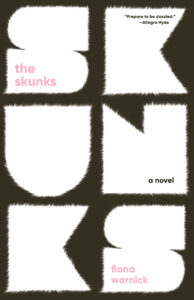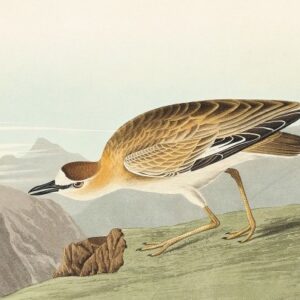Why You Should Keep a Garden Journal (Even if You Don’t Have a Garden)
Fiona Warnick on the Question of What Is Worth Documenting
For as long as I can remember, my father has kept a garden journal. A black and white speckled thing, composition style, perched perennially atop his desk. The entries are short and to the point. 6.29.13. Tied up rest of tomatoes. Put netting on bean trellis. Gardening extends to all plant and animal production: collecting maple sap, building a chicken coop, raking leaves.
A scientist at his day job, his records are exacting. Dug up last year’s salad greens bed, put 3 buckets of cow shit on it along with 2 buckets of compost and a liberal layer of ashes and dug all that in. Then I planted 4 short rows of Prisma shallots (at the east end), 8 rows of Varsity onion and 4 rows of Redwing onions in that bed.
Earlier that same week: I decided to plant the peas without adding anything to the bed at all as an experiment.
Everything is an inquiry. Will no manure lead to fewer peas? At harvest time, he weighs potatoes and garlic, comparing the yield to past years. When things go wrong—and they often do—he can look back to form a narrative of cause and effect. A late frost, not enough rain, old seeds.
My father would not call himself a writer. I am the author of the family—the one publishing a novel. The novel is about a girl who, tired of feeling boy-obsessed, decides to become skunk-obsessed instead. It wasn’t meant to be about gardening. Flipping through the galley, though, I see my father’s garden everywhere: apple trees, compost piles, blackberry bushes, musings about the level of nitrogen in a patch of soil. The girl in the book isn’t me, but the dad in the book is him.
I asked my father, recently, if I might borrow one of his old journals as research for a nascent writing project. It felt like there might be something there—in the poetry of varietal names (Beedy’s Camden Kale, Ruby Perfection Cabbage), or the steady plotless attention to the natural world.
The journal he selected spans 2013-2019, the years written carefully on the cover in two different inks. These are the years during which he and my mother got divorced. When did it happen, exactly? Flipping through the pages, I look for a sign. The journal is about the garden, but it also feels like it’s about his life. Could the end of a marriage be noted alongside the salad greens that finally succumbed to frost?
In May of 2016, he and my mother cleaned out the chicken coop.
In November of 2016, he turns half the compost before having “to stop to go out to dinner.”
In April of 2017, he plants salad greens at his new partner’s house.
That’s it. That’s the story of the divorce, as told by the journals—and I’m reaching, by implying that the dinner in November had anything to do with it. He may have been eating pizza with me before a chorus performance. But the mystery creates intrigue, so I leave it in.
My own journals are both more, and less, entertaining. I am mostly in love with people who do not love me back. There are kisses, tears, and fights with my best friend. The fight ends in stalemate—we eat frozen yogurt on a bench in downtown Amherst with nothing left to say to each other. These are the things you are supposed to write in a journal.
Everything is an inquiry. Will no manure lead to fewer peas? At harvest time, he weighs potatoes and garlic, comparing the yield to past years.The question that most interests me these days: what is worth writing down? If a journal is a time capsule for your older self, then for a long while—perhaps this is to do with gender, perhaps it’s to do with the marriage plot—I believed romantic relationships were what my older self would be most interested in. Would I be happier if I told the story of my life in terms of vegetables grown instead of people kissed? In the journals, my father never gets divorced. He is married to the garden the whole time.
7.28.13. Got back from camping in the White Mountains to find groundhog (?) has gotten under the bird netting and destroyed most of the cabbage and a couple of broccoli plants, rabbits (?) have decimated my most recent planting of lettuce and spinach, and brown rot (?) has taken ~ half the peaches in the tree which is now nearest the driveway. But there are still a fair number of peaches left and they are pretty much ripe now, and there are lots of cukes (all Little Leaf). I enjoyed throwing ~ 7 oversized ones at a squirrel in the hazelnut tree, though of course I did not hit it.
There are joys and sorrows. Tragedies and comedies.
I recommend a garden journal. You don’t need to be a gardener. Your “garden” could be the things you cook for dinner. It could be the squirrels, pigeons, and skunks you see on morning jogs. I mean the impulse that leads people to take a photo of the same tree, every day for a year. Focus on a small thing that doesn’t feel like a story—until you have seven years of it, and it is. Your children will thank you.
______________________________________

The Skunks by Fiona Warnick is available now via Tin House.




















